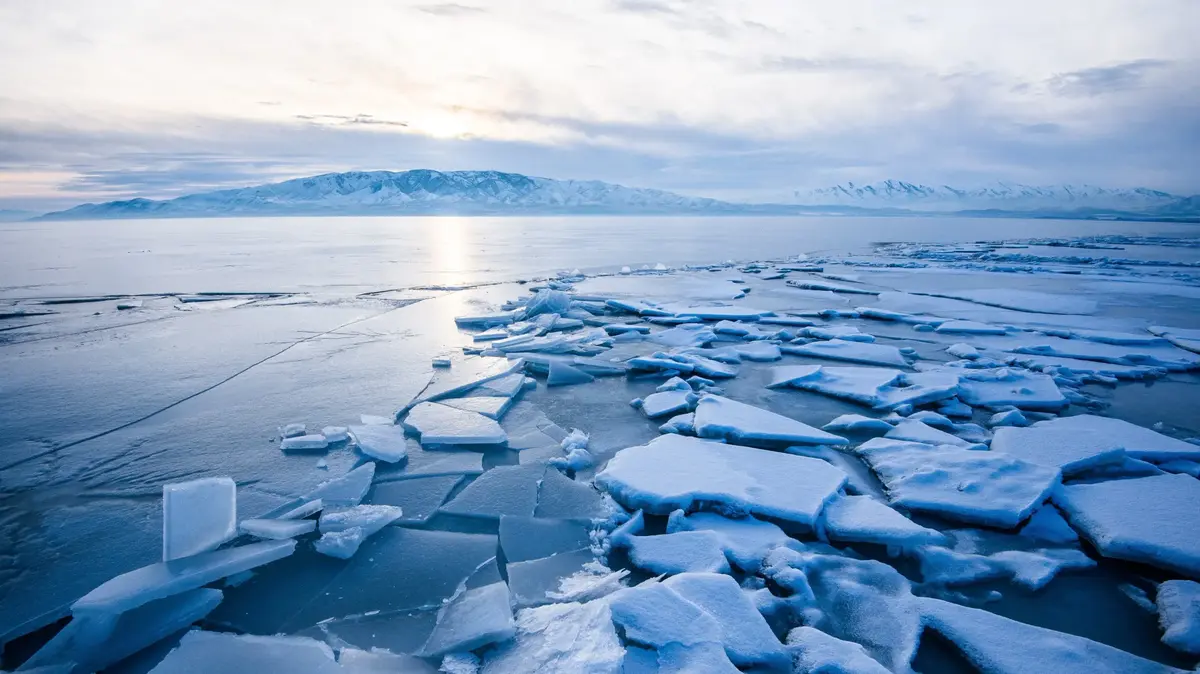Aside from the environmental crisis, climate change puts its scandalous inequalities before humanity.
A new study published in the journal
Global Environmental Change
estimates that 1% of the world's population is responsible for more than half of the emissions from passenger aviation that cause global warming.
As the researcher Stefan Gössling, professor at the Linnaeus University Business School (Sweden) and main author of this work shows, while a large part of humanity has never gotten on a plane, there is a small proportion of super polluters that do not stop to travel on commercial flights or even have their own private jets.
To put a face to these large emitters, Gössling has come to calculate the distances traveled by plane by some celebrities such as Hillary Clinton (1.5 million kilometers, the equivalent of 38 times around the Earth, in the four years that she was Secretary of State of the USA), Bill Gates (343,446 km, in 2017) or Paris Hilton (275,755 km, in 2017).
However, this is not just a celebrity issue nor is it limited solely to flights.
In reality, this enormous imbalance in the way of polluting is linked to the use made of energy and the level of income.
In a 2015 study, French economists Thomas Piketty and Lucas Chancel already highlighted the enormous differences between the planet's inhabitants and the emissions that cause climate change in general.
Although it is estimated that, on average, an African emits just two tons of CO2 per year, a European about eight and an American 20, this work stressed that there is a part of the population spread over the different continents that far exceeds these amounts.
Specifically, Piketty and Chancel drew attention to the 1% of the richest people in the US, Luxembourg, Singapore, Saudi Arabia and Canada, who exceed 200 tons of CO2 per person per year.
In the case of the United States, economists estimated that this 1% corresponds to 3.16 million individuals who each emit more than 318 tons of CO2 annually: 2,500 times more than those that emit the least in Honduras, Mozambique or Rwanda.
“My take on these big emitters is that we have created a system that is obviously out of control.
People in Europe emit much more than is sustainable, but super polluters have increased these values by several orders of magnitude, ”says Gössling.
"Everyone who flies should pay for the damage they cause in terms of climate change and it would help those who fly more also pay more, but this will not solve the problem," he adds.
Globally, Piketty and Chancel calculated that the 10% of the world's inhabitants that emit the most generate 45% of all global emissions, while the 50% of those that emit the least are responsible for only 13% of the emissions. emissions.
In the case of aviation, the new Gössling study points out that one of the peculiarities of these super-polluters is that they travel much more than the rest.
Based on the data on the number of travelers prior to the pandemic, the study published in
Global Environmental Change
estimates that all passenger planes that took off and landed in 2018 were taken by no more than 11% of the planet's inhabitants (about 845 million people), a percentage that drops to between 2 and 4% when it comes to international flights.
Then, considering emissions from fuel use (and other factors such as the greater space required in first class), the researchers conclude that about 1% of the population contributes to more than 50% of the emissions of fuel. passenger aviation.
“Even if we were very wrong with our estimates (which is highly unlikely), the results would hardly change.
On the contrary, if our calculations fail, it is because they are conservative, ”says Gössling.
As he explains, although private jets are the ones that involve the highest energy expenditure per passenger, the super polluters are not only the owners of the nearly 22,295 jets, 14,241 turboprops and 19,291 helicopters accounted for in the study in the world, but also those travelers who frequently use commercial airplanes.
Based on different national surveys in the US, Germany, Taiwan or the United Kingdom, the Swede's work determines that even in the most developed countries between 53% and 65% of the population do not fly in a whole year.
However, on the other hand, there are people who make a large number of trips a year;
the researcher assures that in some extremes they reach 300 annual flights, which means flying almost daily.
"With these studies it is very clear that the main cause of climate change is not the excess of people, what matters here is the level of income and the use made of resources", comments the Valencian environmentalologist Andreu Escrivà , author of the book
And Now I What Do I Do.
How to avoid climate guilt and take action
.
"This is not only the fault of the super-rich who go with their private jets to their islands and have cars, their impact is much greater, but the consumption model and our way of consuming in Spain is also unsustainable," he says.
In another study from this year, Diana Ivanova, a researcher at the University of Leeds (United Kingdom), specifically analyzes the inequalities of households in the European Union in relation to climate change emissions.
The work estimates that 10% of individuals with the highest carbon footprint generate 27% of all EU emissions and that 1% of the most polluting are responsible for 6% of the total.
One of the most interesting contributions of this study is that it identifies which consumption categories are the ones that generate the most emissions among Europeans (food, home, clothing, travel ...).
Thus, it becomes clear that one of the main differences of the biggest polluters with the rest is in their much larger footprint related to cars and airplanes.
"These are some of the products that appear to be highly elastic, spending in these categories increases dramatically as people get richer," says Ivanova.
The researcher considers it necessary to act on air and land transport, but also warns of the effects that this may have in the case of cars for another part of the population: “Car travel requires a lot of attention, since there are also homes low income with a high usage ratio.
This occurs particularly when there is a strong dependence on the automobile related to rural life, disability, the lack of transportation alternatives… ”, he emphasizes.
In the particular case of Spain, Ivanova explains that the study considers that 3% of the homes in this country are among the 10% of Europeans that emit the most, with a minimum carbon footprint of 15 tons of CO2 per person per year .
Also, according to the researcher, Spanish households as a whole are responsible for 7.7% of the EU emissions that cause climate change.
The pandemic favors private aviation
Although the coronavirus crisis has put many airlines in difficulties due to the stoppage of commercial flights, says Borja Barrilero, executive director of The Yûgen Group, which in his case the pandemic is favoring the rental of private planes.
"This is because of the reduction in commercial routes, but also because people want to travel safely without fear of getting infected," insists the head of this Spanish company specializing in the rental of aircraft and luxury boats.
His most frequent clients are athletes, businessmen and families, both from Spain and from other countries.
As the company's website points out, "everyone can rent a private plane, whether for a business trip or a quick meeting during the day, for a family trip to a remote destination or to get to a ski airport in Hard access".
What about climate change?
"The environmental impact of private planes is not excessive," says Barrilero, who emphasizes "how practical" it is to go to a work meeting in a distant place and be back home on the same day.
To find out the most important news on Climate and Environment from EL PAÍS, sign up here for our
weekly
newsletter
.
Follow the Climate and Environment section on
and









